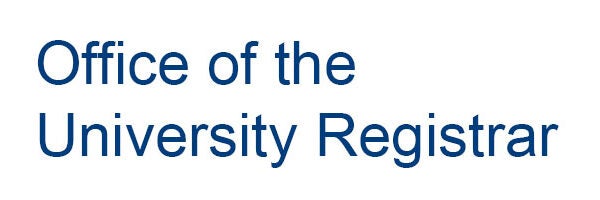Saw Swee Hock School of Public Health
Undergraduate Education
The school supports the teaching of year 1 and 2 medical students in epidemiology, disease prevention and control. This culminates in the Community Health Project in their third year. This project enables students to develop essential public health competencies through community-based research guided by our experienced faculty. During the Community Health Project, students gain invaluable skills in critical appraisal of medical research, research design, data analysis, research ethics, and effective teamwork. It offers them a unique opportunity to apply their knowledge and contribute to the field of public health.
Furthermore, our school plays a crucial role in two Pillars of the common curriculum shared by all undergraduate health schools, including Dentistry, Nursing, Pharmacy, and Medicine.
Pillar 1: Social and Behavioural Determinants of Health provides students with a comprehensive understanding of the social and ecological factors that influence health. They explore various health behaviours and examine health and social care systems. This pillar offers a holistic overview of the myriad factors outside of healthcare settings that shape individuals' health and illness.
Pillar 4: Data Literacy equips students with the skills to understand and utilise scientific evidence in healthcare, supporting evidence-based practice. Through this pillar, students are introduced to epidemiological and biostatistical concepts. They learn how to critically appraise medical data and literature, enabling them to provide evidence-based recommendations to their patients.
To further enhance our students' knowledge, we organize workshops that focus on the design, monitoring, and evaluation of both overseas and local community health programs. These workshops provide valuable insights and practical experience, empowering our medical students to make a positive impact in communities beyond the classroom.

